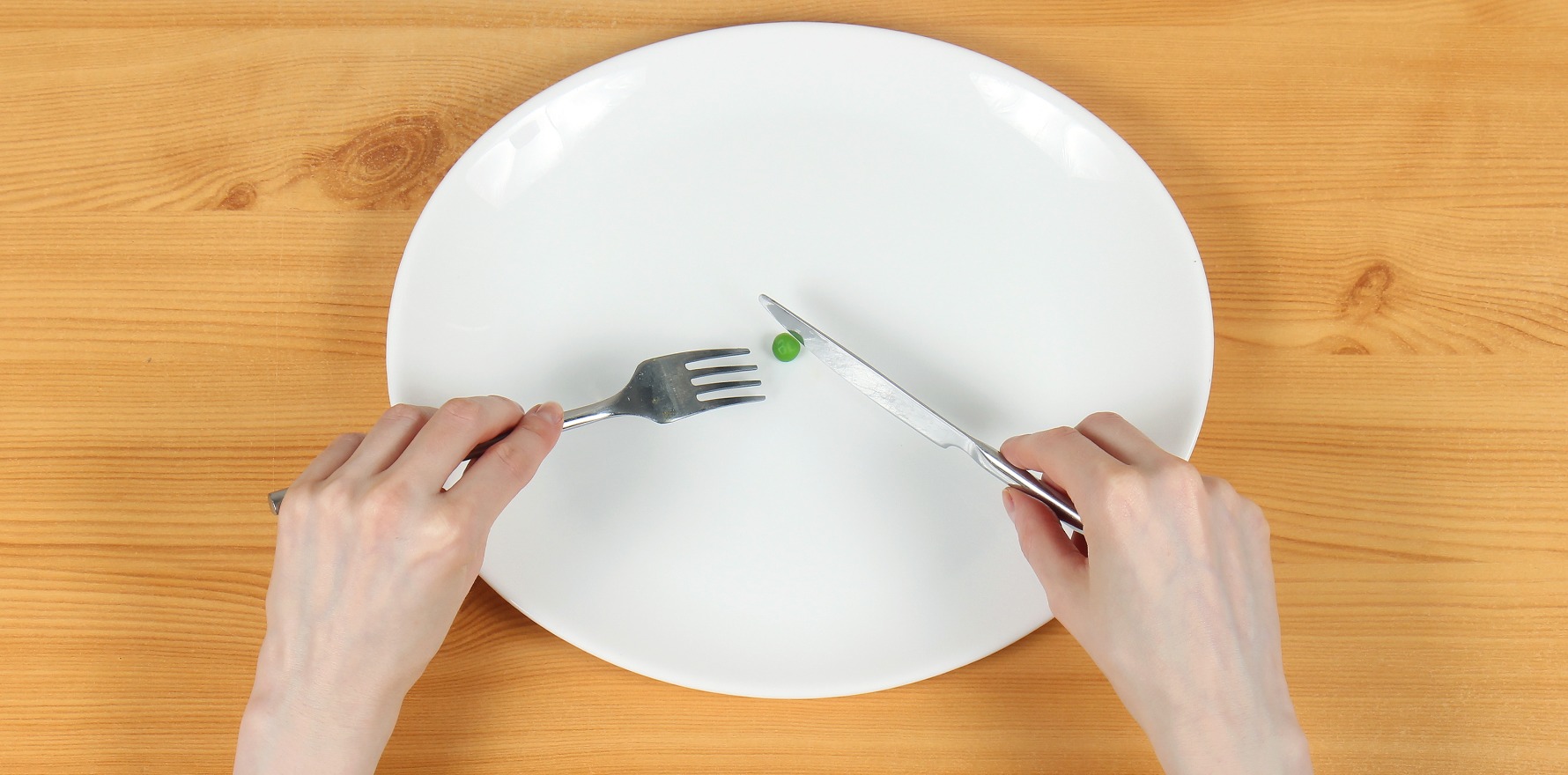GLP-1 receptor agonists are quickly becoming the Lernaean Hydra of medicine scams.
Compounding GLP-1 receptor agonists is illegal in Australia from today, but scammers won’t be hopping off the gravy train that easily.
Their newest trick? Relabelling insulin pens as Ozempic.
On the eve of the compounding ban, which officially starts today, the TGA put out a new warning on Ozempic pens purchased from overseas websites and brought into the country via the agency’s personal importation scheme.
This means that they were purchased by Australian patients with valid prescriptions.
Some were identified at the border, while another was only identified after someone injected the counterfeit drug.
According to the TGA, the products in both instances appeared to be insulin pens with a new label stuck on.
The telltale signs that these pens were not genuine, it said, included the end caps being blue instead of grey, the dosage barrel being in a different place, the sticker not adhering properly to the pen and poor-quality packaging.
Ozempic manufacturer Novo Nordisk also confirmed the batch numbers on the pens – specifically NPSG234 and JS7A925 – were fraudulent.
Related
Due to the long-standing shortage of Novo Nordisk-manufactured semaglutide and the new ban on compounding the drug class, it is unlikely that this will be the end of imitation GLP-1 RAs coming in via the personal importation scheme.
Semaglutide is expected to remain in shortage in Australia until the end of 2024.
Part of the issue is that it sells in Australia for much less than it does overseas, and that Ozempic sister drug Wegovy comes with a higher price tag.
“Wegovy has now been launched in Australia, and so the pressure on supplies of Ozempic is lower,” Monash Biomedicine Discovery Institute obesity researcher Professor Michael Cowley told The Medical Republic.
“Although I suspect we’ll still see tight supplies for [Ozempic], because the sponsor is probably not eager to be selling [semaglutide] for $130 when they can sell it for $460.”
Professor Cowley said Novo Nordisk had been confident that it would soon be able to produce enough semaglutide to meet demand in Australia.
Still, he warned, this may not spell the end of counterfeit Ozempic.
“It’s a substantial cost [relative to other medicines in Australia], so one could imagine there is still a place in the illegal marketplace for compounded or counterfeit semaglutide, just like there’s a place in the illegal marketplace for cigarettes,” Professor Cowley said.
“When there are significant price differentials, you do create a black market.
“We’re probably going to still see that occurring … even though the drug supply issue has been fixed.”
Telehealth giant Eucalyptus told TMR that it had stopped relying on compounded semaglutide once Wegovy had become available in Australia.




